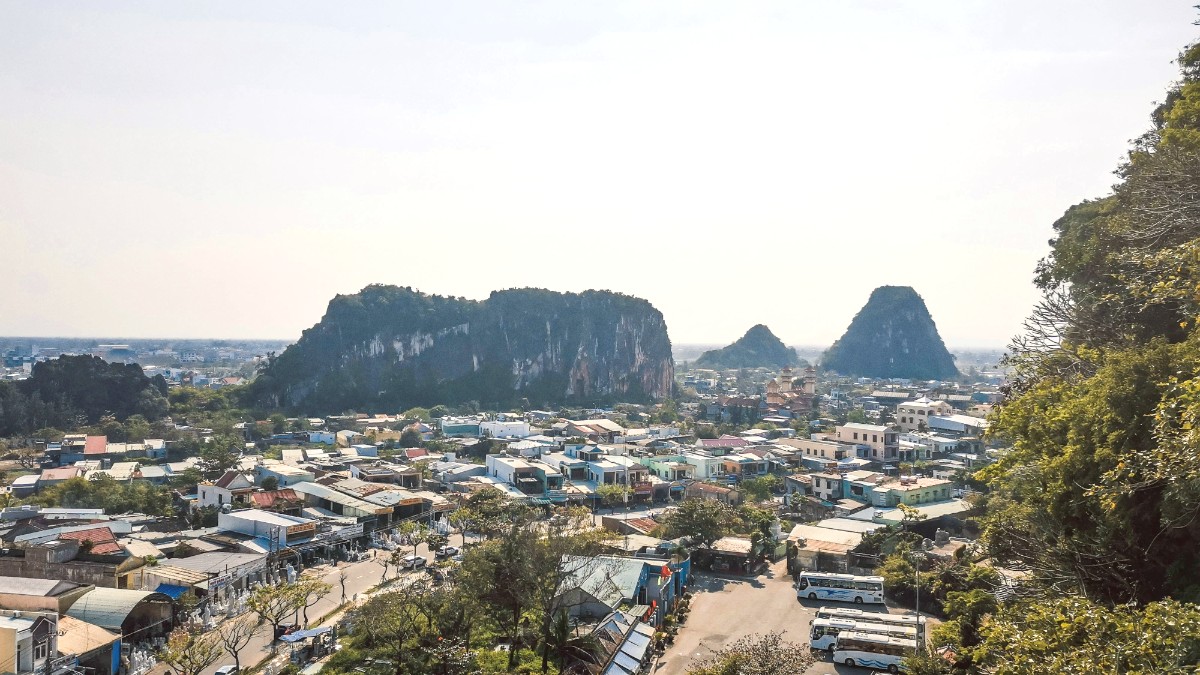
Central Vietnam, Vietnam
Viettel, Mobifone, and Vinaphone are Vietnam's main mobile network providers. Viettel generally holds the best coverage, especially outside major cities.
Wi-Fi sees wide availability and general free access in hotels, cafes, restaurants, and many public places.
Vietnamese is the official language. English finds common use by staff in tourist-oriented hotels, restaurants, and tour companies.
A local SIM card from Viettel often holds the best coverage. Offline translation apps prove incredibly useful. Consider an ESIM for immediate connectivity.
Understand typical operating hours to plan your activities effectively.
Typically operate from 8:00 AM to 12:00 PM and 1:30 PM to 5:00 PM, Monday to Friday. They close on weekends.
Generally open from 8:00 AM to 4:30 PM, Monday to Friday. Some may open for a half-day on Saturday morning. ATMs are generally available 24/7.
Most shops are open from around 9:00 AM to 9:00 PM or 10:00 PM. Smaller local shops may close for a midday break.
Often open early for breakfast, around 6:00 AM, and close late, at 10:00 PM or later. Street food stalls often hold more flexible and varied hours.
Markets operate from early morning until late evening (e.g., Han Market typically 6:00 AM - 7:00 PM).
Travel during major holidays like Tet (Lunar New Year) brings higher prices and crowds. Pre-booking accommodation and transport is wise.
Observe local traditions and customs.
A slight bow or nod is common. Handshakes also occur, especially in business settings or when meeting someone new. Use "Xin chào" (hello) when greeting people.
When passing or receiving items, especially money or food, use both hands as a sign of respect. Details on tipping are available in section 2.3 of the guide.
Avoid discussing the Vietnam War or Vietnamese politics. These topics are sensitive for many locals.
Traditional gender roles are common, but women travelers are generally safe in Da Nang.
A modest dress code for religious sites and respectful bargaining at markets demonstrate cultural appreciation. Be mindful of local customs for a positive journey.
Travelers with mobility needs find varying levels of accessibility in Da Nang.
Infrastructure for travelers with mobility challenges is limited. Sidewalks are often uneven, crowded, and frequently used by motorbikes, making navigation difficult.
Newer luxury hotels and major international chain hotels more often hold accessible rooms and facilities. Some modern attractions also offer better access.
Limited specialized services cater to travelers with visual or hearing impairments. Planning assistance from a specialized travel agency is highly recommended.
Consult specialized travel agencies or online forums that focus on accessible travel for Vietnam.
Pre-arranged private transport presents the most feasible option for those with mobility challenges, offering greater control and comfort.